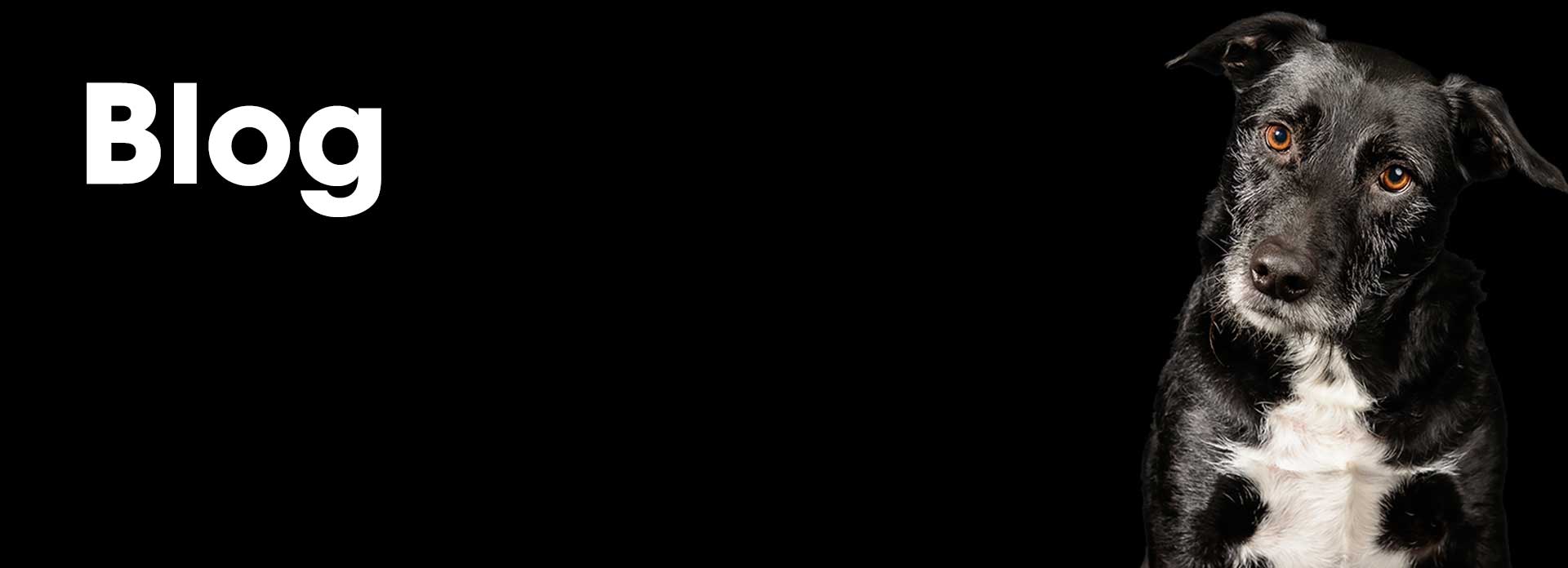A confirmed case of canine influenza H3N2 virus has hit Atlanta and pet owners across the metro area have lots of questions. Is my dog at risk? Should my dog get vaccinated? Do I need to steer clear of all dog parks, boarding facilities and doggy day care?
Here at Atlanta Humane Society, we have hundreds of animals in our care at any given time. So preventing the spread of illness is always a top priority. We hope to help ease some of the fears and concerns you have regarding the illness.
What is canine influenza virus (CIV)?
Dog flu is a contagious respiratory disease in dogs. There are two strains of canine influenza, H3N8 and H3N2.
It is transmitted like any other cold or flu virus, primarily through coughing and sneezing. It can also be transmitted by objects or hands when handling an infected dog and then handling another without disinfecting your hands.
What are the symptoms of CIV?
The incubation period for H3N8 canine influenza is 1-5 days, with most symptoms appearing in 2 to 3 days.
The majority of infected dogs exhibit the mild form of canine influenza. Dogs suffering with the mild form of canine influenza develop a soft, moist cough that persists for 10 to 21 days despite treatment with antibiotics and cough suppressants.
Additional symptoms can include nasal and/or ocular discharge, sneezing, lethargy, anorexia, and mild fever.
In the severe form of CIV, the animal will develop high fevers (104ºF to 106ºF) and have signs of pneumonia, such as increased respiratory rates and effort.
The H3N2 canine influenza virus also seems to cause illness in cats. The clinical signs in the cats included impaired or rapid breathing, coughing, sneezing, ocular and nasal discharge, lethargy, and fever.
What is the treatment for the virus?
Not unlike the flu in humans, there is no treatment. Treatment is largely supportive. Your pet will need rest, plenty of fluids and proper nutrition.
The presence of secondary bacterial infection, pneumonia, dehydration, or other health factors may warrant additional diagnostic and treatments including, but not limited to: broad-spectrum antibiotic, nonsteroidal anti-inflammatory medications as needed to reduce fever and inflammation, fluids to help correct dehydration or maintain hydration.
Pet parents are being told to steer clear of dog parks and boarding facilities – in short, areas with a dense dog population. Should we be concerned about adopting dogs from shelters where animals are kept in close contact with each other?
We also encourage pet parents to stay away from areas with a lot of dogs, like kennels and dog parks, just for the time being. Once an animal comes in contact with the virus, the incubation period before symptoms develop is 1 to 5 days.
Since the virus can be spread by direct dog to dog contact or aerosolization of respiratory particles, facilities where multiple animals are housed together, or where there is not a physical barrier to prevent cough droplets from spreading, can be high-risk areas for transmission if an infected dog is present. Here at the Atlanta Humane Society, we house dogs individually, except for some litters of small puppies. There is always a barrier surface of concrete or glass between housing units which helps prevent cough droplets from spreading if someone becomes sick.
What precautions is AHS taking to keep our animals healthy?
Here at AHS, we follow best practices of cleaning and treating illness of the animals in our care to ensure herd health. We have an active, in house, Shelter Medicine program that includes open communication between the Veterinarian, Vet techs, and the knowledgeable Animal Care staff.
Upon intake, animals are tested for existing illnesses and treated appropriately. All animals are then vaccinated for the more common causes of respiratory disease. Sometimes, canine influenza occurs along with other respiratory disease, so preventing the more common causes of disease can decrease the likelihood of an animal contracting canine influenza.
Animals are monitored daily for any signs or symptoms of respiratory disease and promptly isolated and treated if symptoms arise. Animals are given antibiotics and further tests or treatment (including bloodwork or radiographs) follows.
We work to reduce stress and overcrowding because both can lower an animal’s immune system and make dogs more susceptible to disease.
Proper cleaning and sanitation with materials that kill or inactivate the influenza virus is standard. Luckily, the virus does not persist in the environment for very long and routine disinfectants are effective at killing it.
My doggy daycare is requiring the vaccine. Is this something you will offer in your clinic?
Yes, we will. There is a vaccine for Canine Influenza, protecting your pet against the H3N8 strain. The strain in question now is the H3N2 virus (the same one that sickened hundreds in Chicago). In short, there is no vaccine for the strain that is currently spreading.
It’s important to note that a vaccination does not give immunity until 3-4 weeks after vaccination. Your pet will also need a second “booster” shot in 3-4 weeks, then annually.
The canine influenza vaccine is a “lifestyle” vaccine, and is not recommended for every dog. The vaccine is intended for dogs at risk for exposure, which include those that either participate in activities with other dogs or are housed in communal facilities. We can determine if a pet needs this vaccine when gathering historical information about lifestyle.
